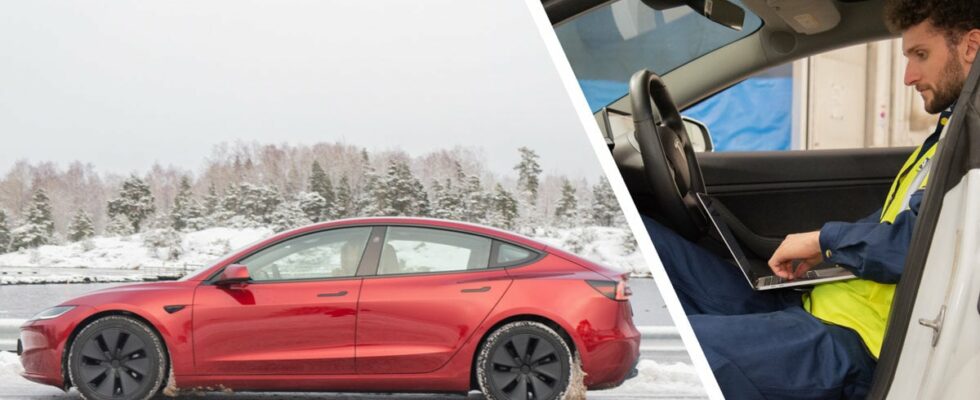With each passing year, the proportion of electric cars in the German vehicle fleet increases. In other words, it means that German Tüv’s annual report is getting bigger and bigger.
In this year’s edition, you will find ten models.
DON’T MISS IT
Our podcast about cars – Under the Hood
Per Gessle: “I will never have an electric car”
Cars without owners are dumped – then the authority gives up
Neither boo nor be
– The general inspection shows that electric cars are neither technically safer nor less safe than cars with internal combustion engines, says Tüv director Joachim Bühler.
It reports We Car Owners.
Having said that, there are certain problem areas that occur to an increasing extent in electric cars.
A red thread
For example, the wheel suspension on electric cars is rarely adapted to the higher weight of the electric car, which means abnormally high wear and tear.
Furthermore, the brakes may be in worse condition as the regeneration causes the car to brake without using the normal brakes.
In Tüv’s report, you can find out what proportion of cars fail their first inspection and how the figure develops after a few years.
DON’T MISS IT
Will make fuel from wind power – brings in half a billion kroner
Government scrapping bonus flop
Tesla at the bottom
In the case of the Tesla Model 3, like last year’s report, the model ends up in clear last place.
This applies both to the first inspection and to cars that are four to five years old.
There are problems with brakes, wheel suspension and also headlights and other lighting.
– It indicates a lack of service and maintenance, says Joachim Bühler.
Tesla also has no service requirements for its cars, which is why many problems go unnoticed.
Below you can see the best and worst in the German inspection.
DON’T MISS:
Incorrect direction of rotation on the winter tires – the grip is affected
Summer tires on winter road conditions – what are the penalties?
DON’T MISS:
Incorrect direction of rotation on the winter tires – the grip is affected
Summer tires on winter road conditions – what are the penalties?
